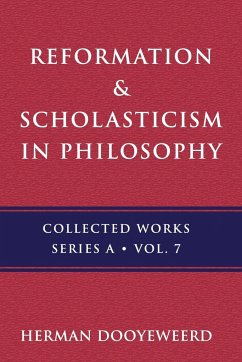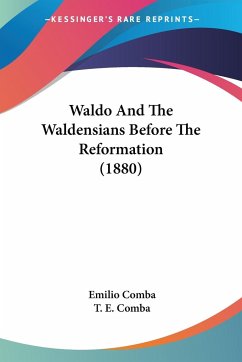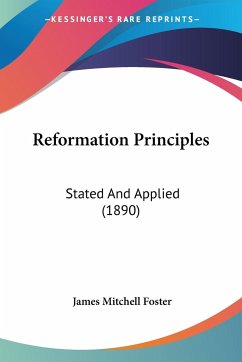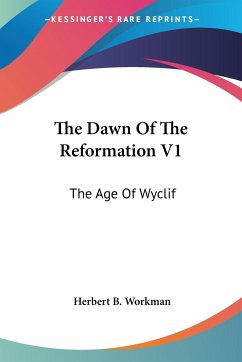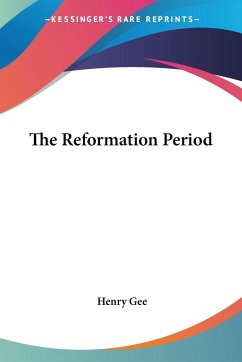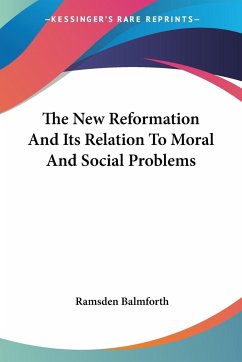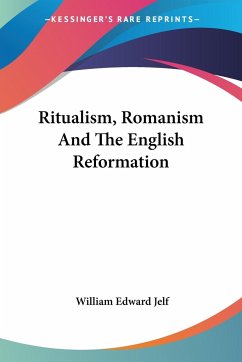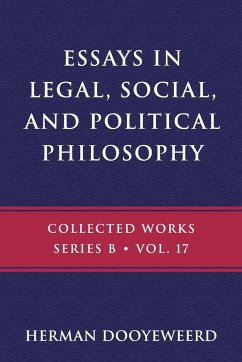
Reformation & Scholasticism
The Philosophy of the Cosmonomic Idea and the Scholastic Tradition in Christian Thought
Versandkostenfrei!
Versandfertig in über 4 Wochen
22,99 €
inkl. MwSt.

PAYBACK Punkte
11 °P sammeln!
Dooyeweerd's Reformation and Scholasticism volume two, provides what is perhaps the clearest entrée into his entire biblically driven philosophical systematics. The first two chapters discuss in detail the biblical, historical, and systematic issues that actually gave rise to the development of this intrinsically reformational philosophy. The third chapter presents what is arguably the clearest presentation of Dooyeweerd's transcendental critique of philosophical thought. Subsequent chapters go on in considerable detail to apply this latter critique to both the old Greek, and subsequent Thomi...
Dooyeweerd's Reformation and Scholasticism volume two, provides what is perhaps the clearest entrée into his entire biblically driven philosophical systematics. The first two chapters discuss in detail the biblical, historical, and systematic issues that actually gave rise to the development of this intrinsically reformational philosophy. The third chapter presents what is arguably the clearest presentation of Dooyeweerd's transcendental critique of philosophical thought. Subsequent chapters go on in considerable detail to apply this latter critique to both the old Greek, and subsequent Thomist ideas of "substance" that have informed so much of the Western tradition of thought. The final chapters provide an extensive presentation of what Dooyeweerd means by the Modal and Individuality Structures of temporal reality. This work is a must read for those who want to understand the real Dooyeweerd.





